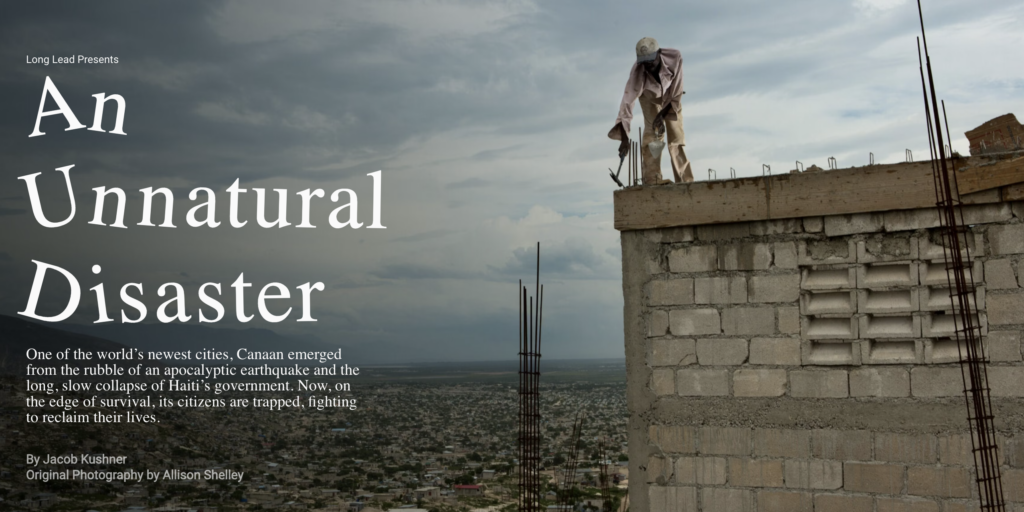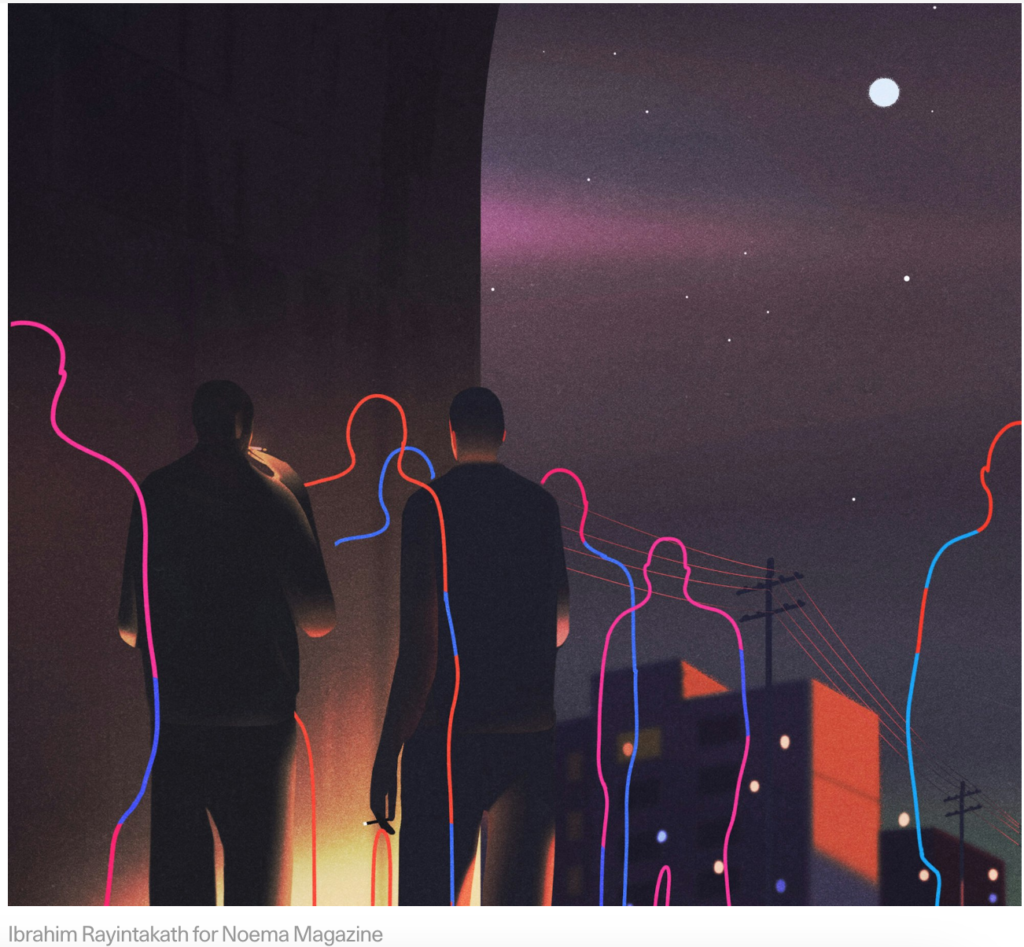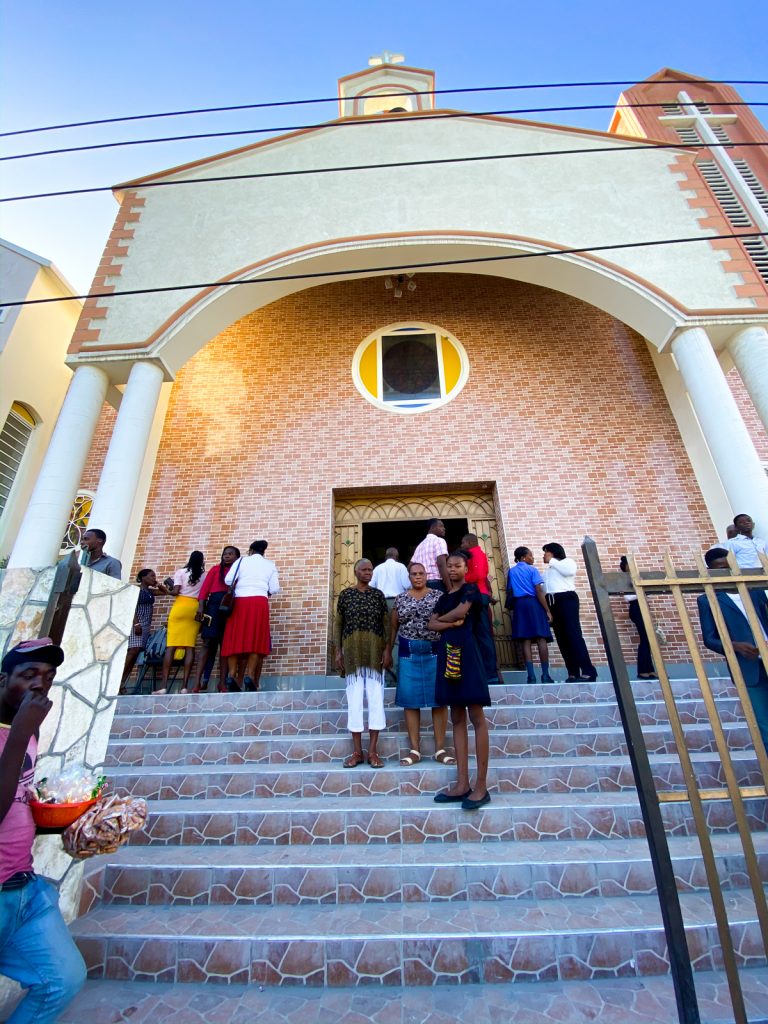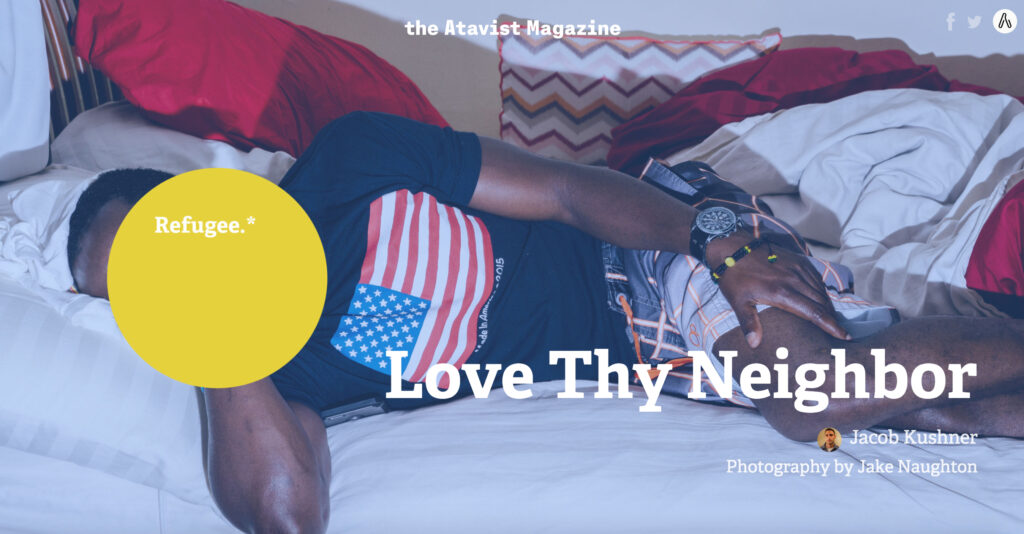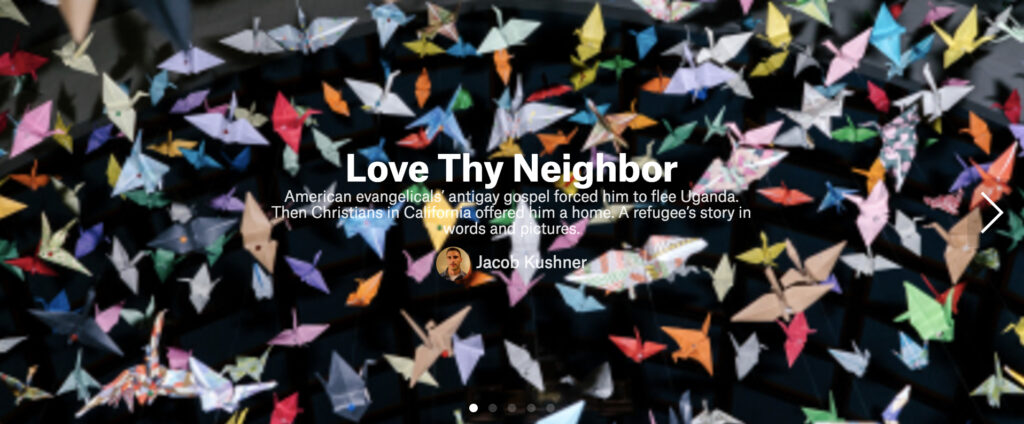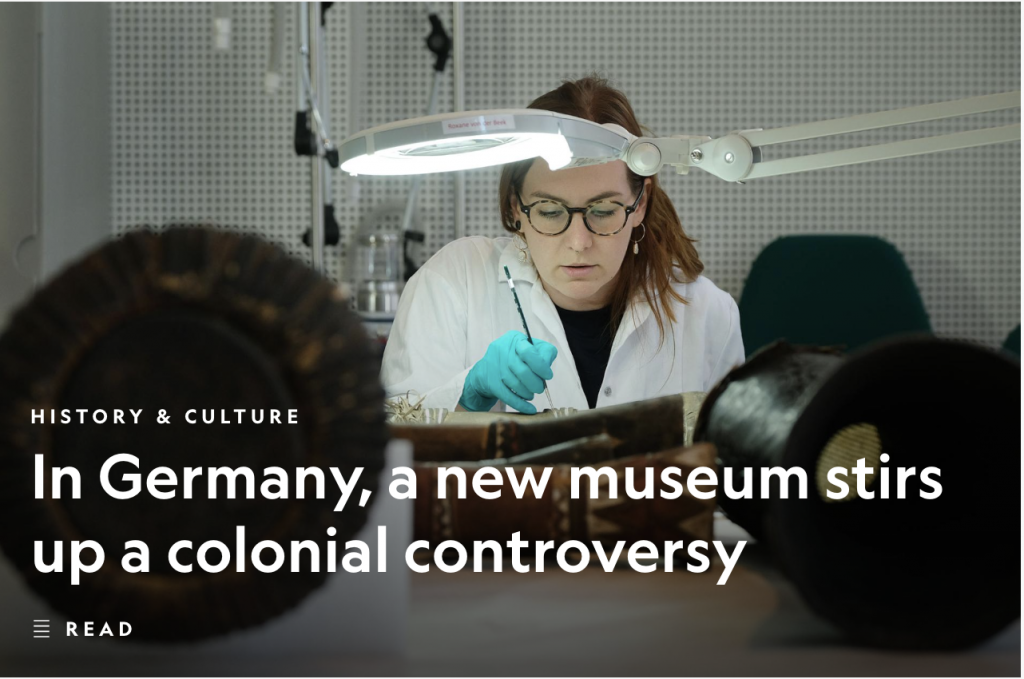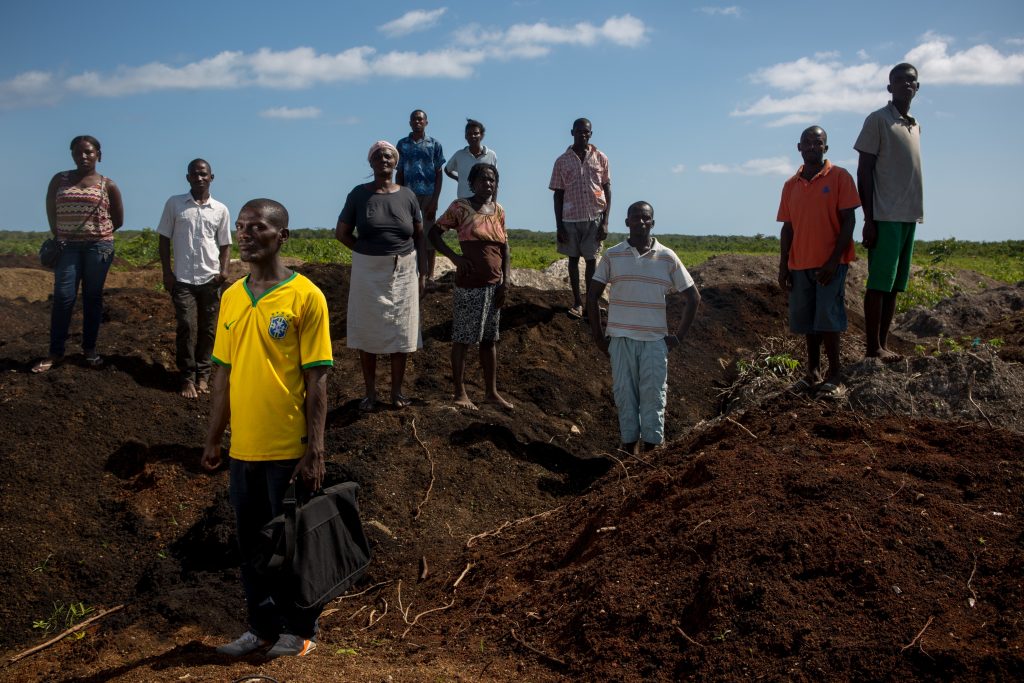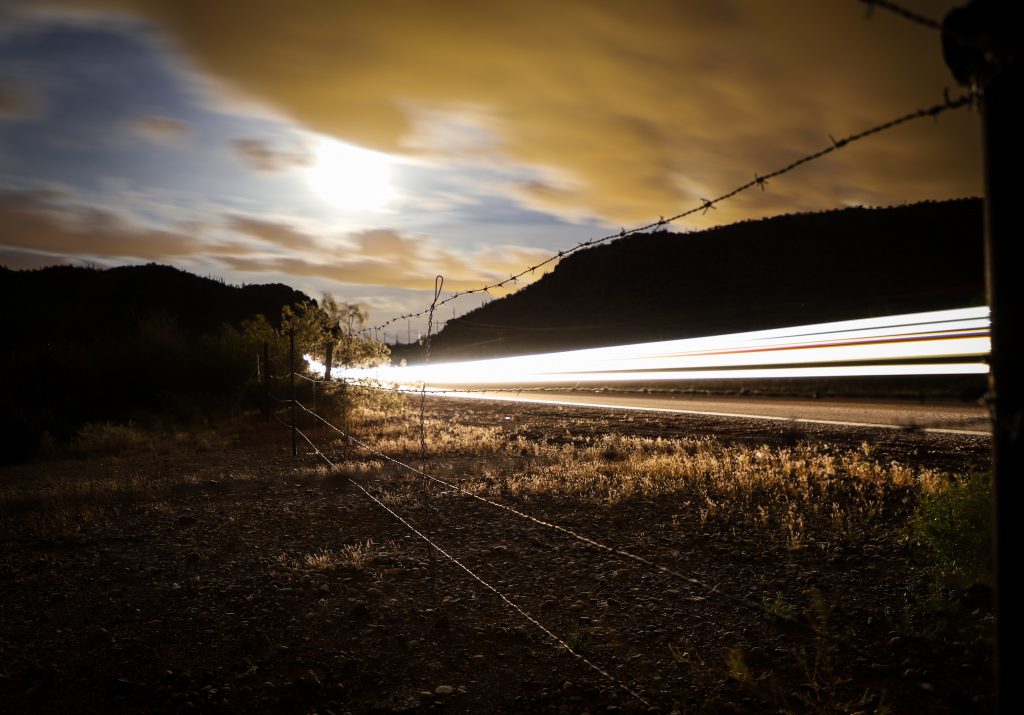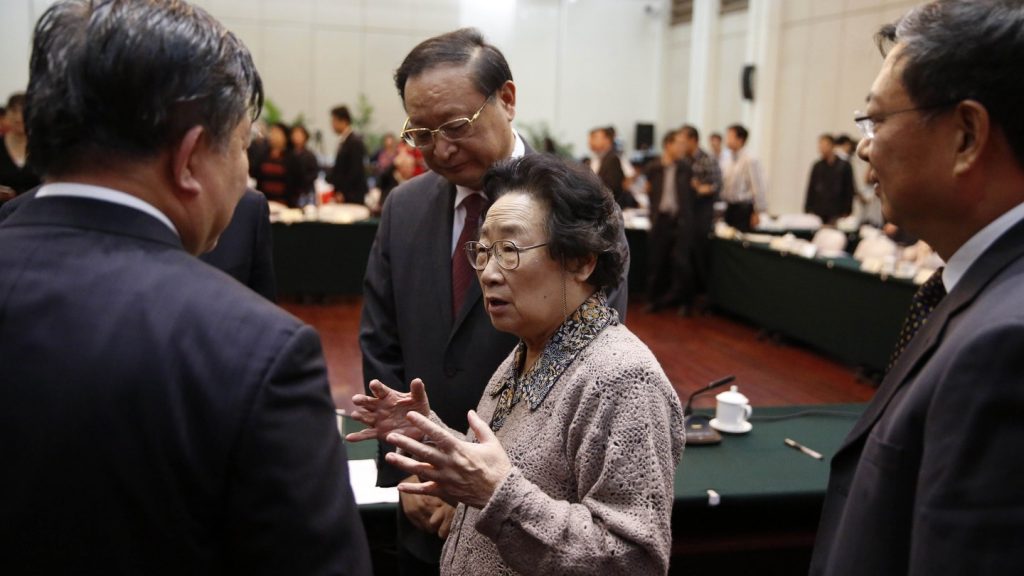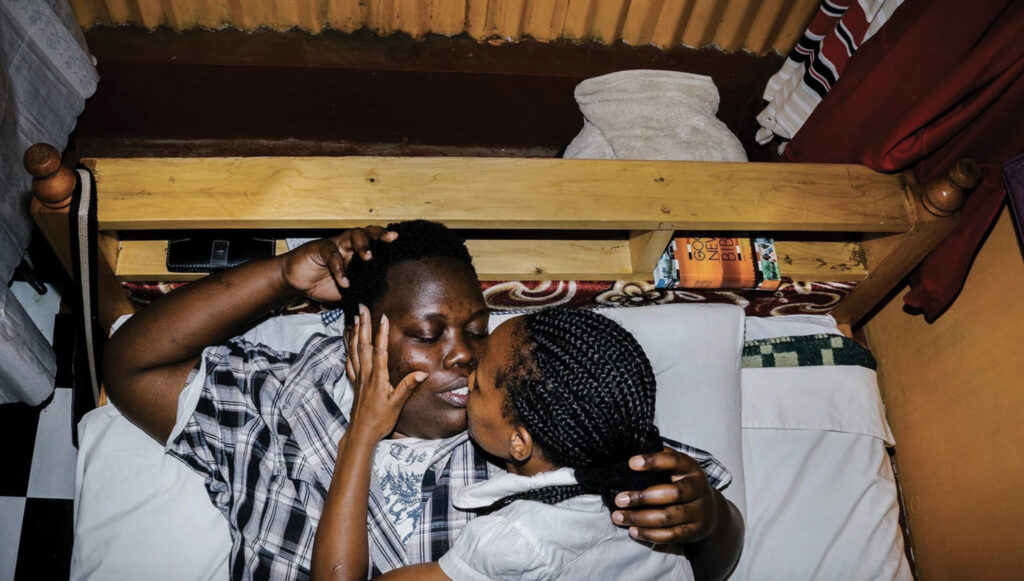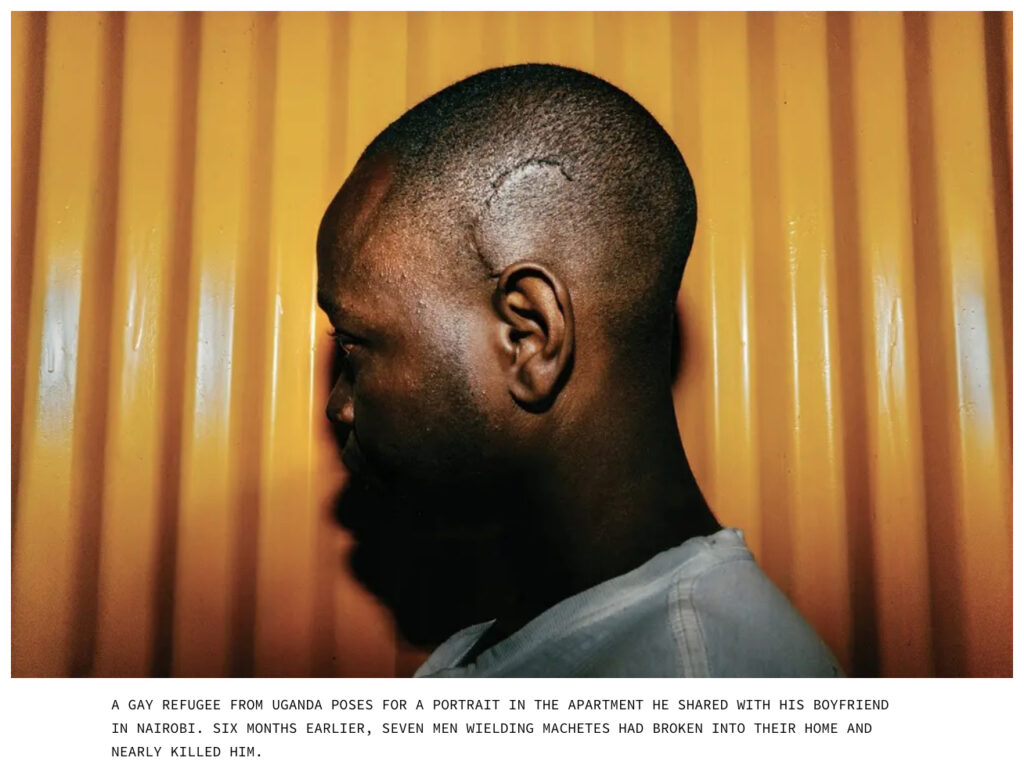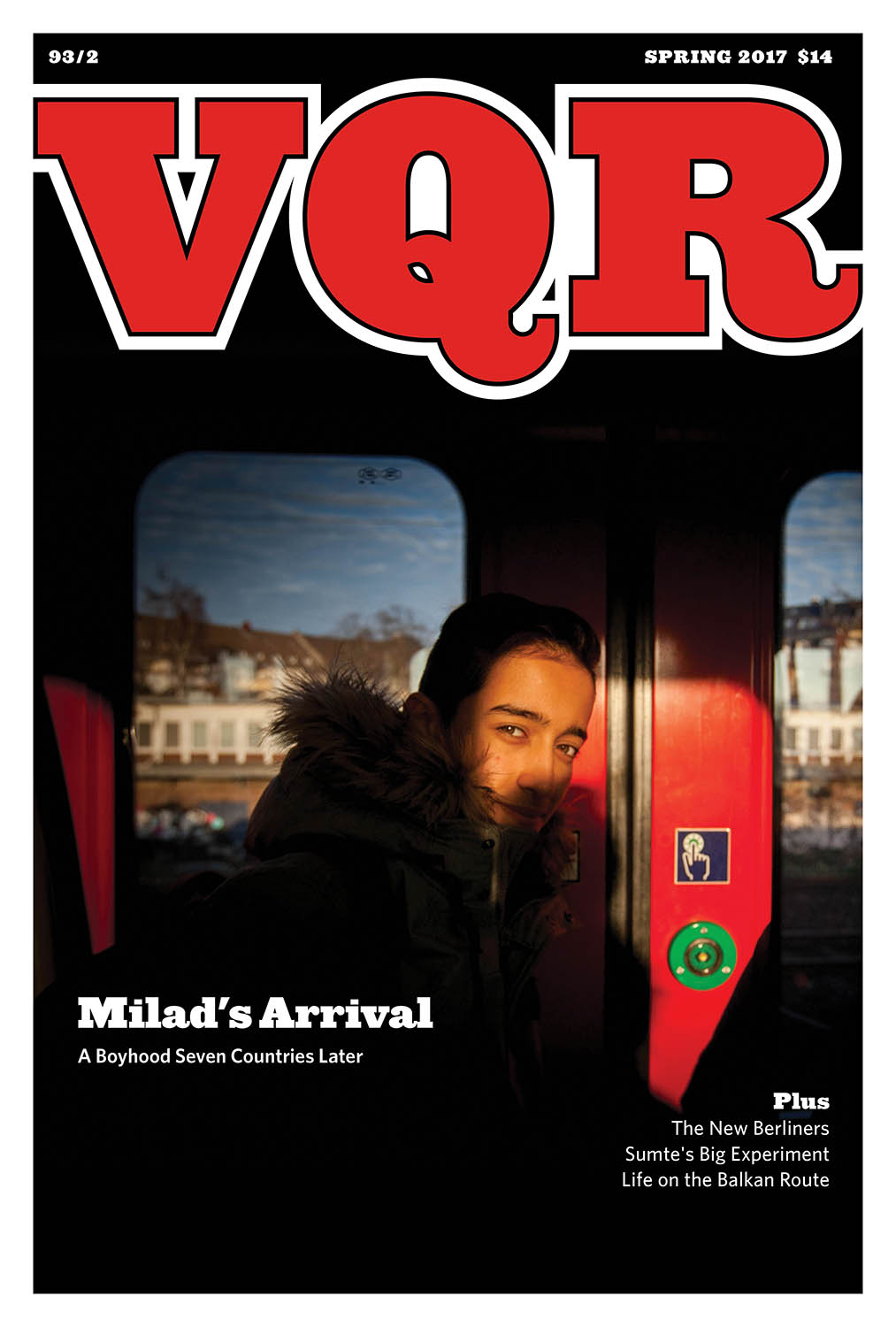Read: The Long Lead
Did Germany’s ‘Refugee Crisis’ Even Exist?
NoemaA look inside the imagination of the nation’s leading anti-immigrant party in Berlin.
Read: NOEMA Mag
The Pernicious Power of American Promises
The New York Times10 MURDERS, 3 NAZIS, AND GERMANY’S MOMENT OF RECKONING
Foreign Policy MagazineGerman authorities looked the other way as a right-wing terrorist cell went on a seven-year killing spree. Now they won’t look in the mirror.
Read: Foreign Policy Magazine
As featured on Longform
Too big to jail
The Economist
The Colombian drug lord who snitched his way to freedom
A senior member of the Medellín cartel conned American and Swiss authorities, framed the Mexican president’s brother, destroyed a private Swiss bank, and brought down the Attorney General of Switzerland.
And they let him walk free.
In fact, they paid him to do it. Law enforcement agencies across the globe are giving millions of dollars to criminal informants, creating a system where–for big fish like José Manuel Ramos–crime truly does pay.
Read: The Economist’s 1843 Magazine
A Vespucci Story, with Swiss journalist Daniel Ammann
Love Thy Neighbor
The AtavistAmerican evangelicals’ antigay gospel forced him to flee Uganda. Then Christians in California offered him a home. A refugee’s story, in words and pictures.
Read: The Atavist
In Germany, new museum stirs up colonial controversy
Articles, National GeographicA Cruise With a Cause
VICE Magazine
Photo/Amy Lombard
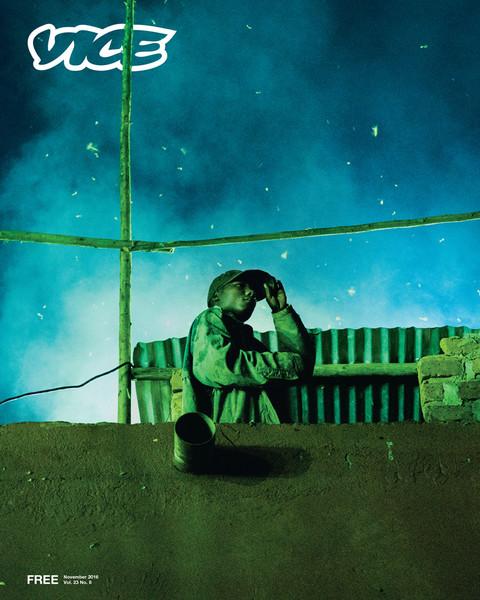
Meet Fathom, the world’s first-ever cruise for voluntourists: vacationers who don’t just want to do beaches, spas, and shopping, but do good.
Impact update: Two weeks after my VICE investigation published, Carnival Corp., the world’s largest cruise operator, announced it would discontinue the cruise.
Published in the November 2016 issue of
Listen: Tiny Spark
Who Owns What in Haiti?
The New YorkerUncertainty over land ownership is playing out across Haiti as the country attempts to attract foreign investment in tourism, mining, manufacturing, and agriculture—often without clear knowledge of who, precisely, owns what.
Read: The New Yorker
Nowhere Left to Go
Harper'sAfter Uganda passed what became known as the “kill the gays” bill, hundreds of LGBT Ugandans began fleeing across the border to Kenya, where they lived in hiding while applying for asylum—but a few Kenyans, like Lucas, fled in the other direction.
Read: Harper’s Magazine
The Chinese Company Eradicating Malaria in Africa
The AtlanticIn 2007, the Bill & Melinda Gates Foundation announced an ambitious endeavor: To eradicate malaria across the globe.
It was late to the game. That year, Chinese scientists working with a Chinese philanthropist had already begun eradicating malaria from the small African nation of Comoros. Now they’re setting their sights on a more ambitious location: Kenya, the East African nation of nearly 50 million people.
Read: The Atlantic

Listen: The China Africa Podcast
The Voluntourist’s Dilemma
New York Times Magazine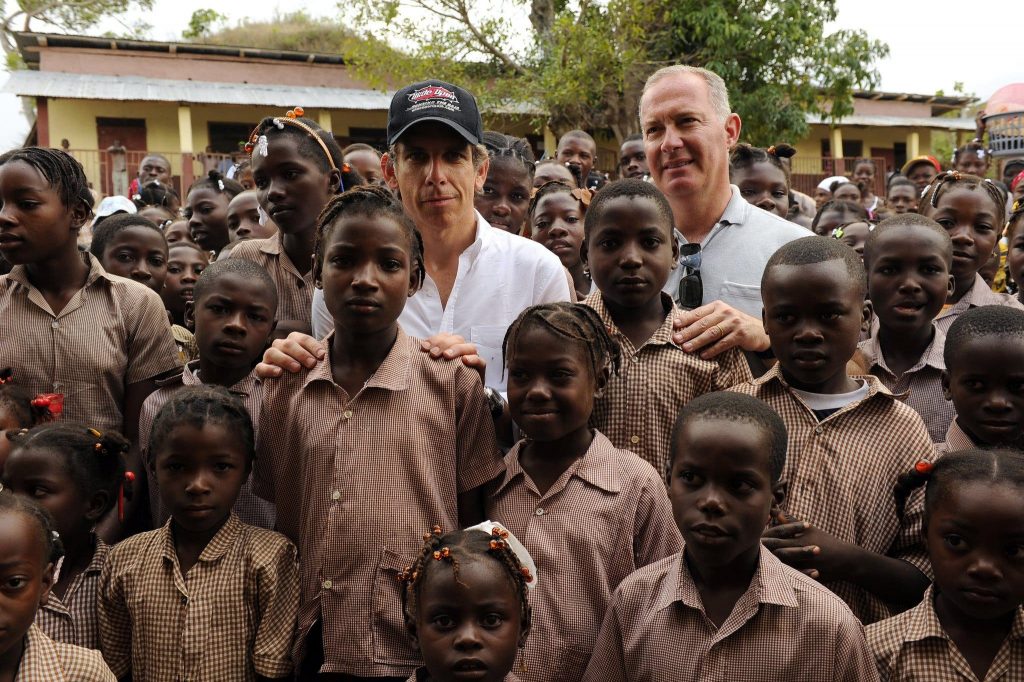
Photo: Ben Stiller visiting Port-au-Prince, Haiti, in April 2010 as part of a school-rebuilding project in which he was involved. Kevork Djansezian/Getty Images
Each year, 1.6 million voluntourists descend upon the Haitis of the world.
Read: The New York Times Magazine
On the Run
VICE MagazineThe plight of Kenya’s LGBT Refugees
“God has a book of life,” Mugisa told his worshipers. “He remembers your name. But to be written in this book you need to do good.” Mugisa turned to his congregants. “Mulondo, Lujja, Kasule, Nansamba: You want to be able to say, ‘God, I served you when I was in Kakuma camp.’ You want to be able to say, ‘I served you in Uganda. Remember me. This is what I have done, remember me.'”
Mugisa glanced around his congregation of LGBT worshipers, catching the eyes of a few of them. Unable to ignore the trepidation on their faces, he comforted them. “Trust me—one day we will be out of this place.”
Honorable Mention (runner-up), 2016 Immigration Journalism Award, The French-American Foundation; Official Nomination, “Outstanding Magazine Article,” 2017 GLAAD Media Awards; Shortlist, 2017 One World Media Print Award.
They Call It Canaan
VQR
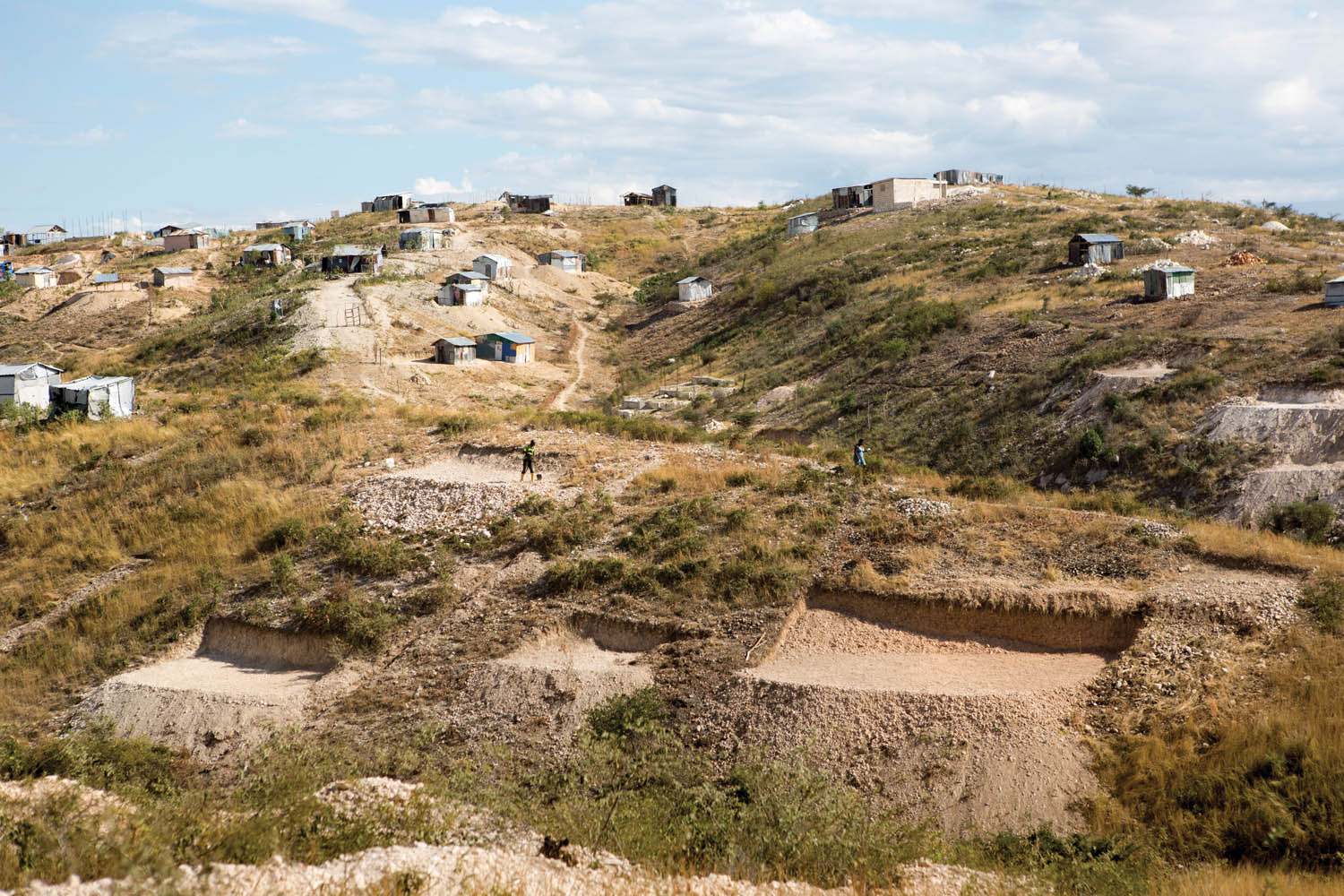
Allison Shelley
In the aftermath of disaster, Haitians ask what makes a city
Port-au-Prince was decimated when a magnitude 7.0 earthquake struck Haiti in January 2010. Within weeks, settlements began to appear on a barren landscape, shacks and tents spreading over dusty plains. They called it Canaan, the biblical promised land where Moses led the Israelites out of slavery–the land of milk and honey. “This Canaan has the same history,” one pastor, who was among the first to move there, told me. “This is our honey.”
But in Canaan, as in any city, people—the rich and the poor, the powerful and weak, the complacent and the desperate—were destined to get in one another’s way.
Read: VQR (Spring 2017)
As featured in Longreads
Will LGBT Ugandans Ever Be Free?
Playboy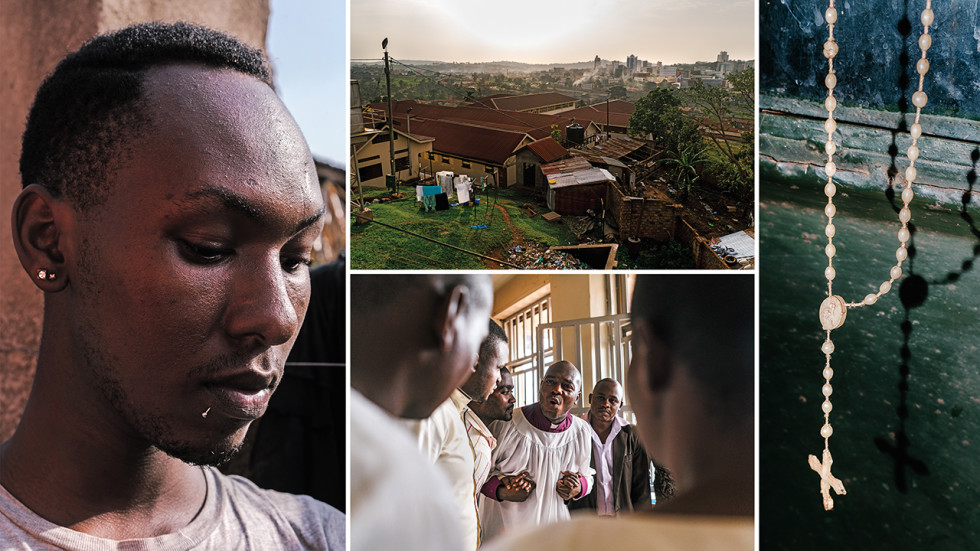
Photos by Jake Naughton

Inside the Fight for a Queer Country
Just a few years ago, Kampala was a nightmare for LGBTQ Ugandans, some of whom were beaten and stripped in the streets, chased by angry mobs or jailed.
But you wouldn’t guess that from the relaxed atmosphere at Cayenne on Kampala’s north side. Few people seem to notice the transgender woman dancing by the pool, and if they do, they don’t seem to care. Javan belongs to a generation of queer Ugandans barely old enough to remember when the antigay fervor first erupted here, in 2009.
